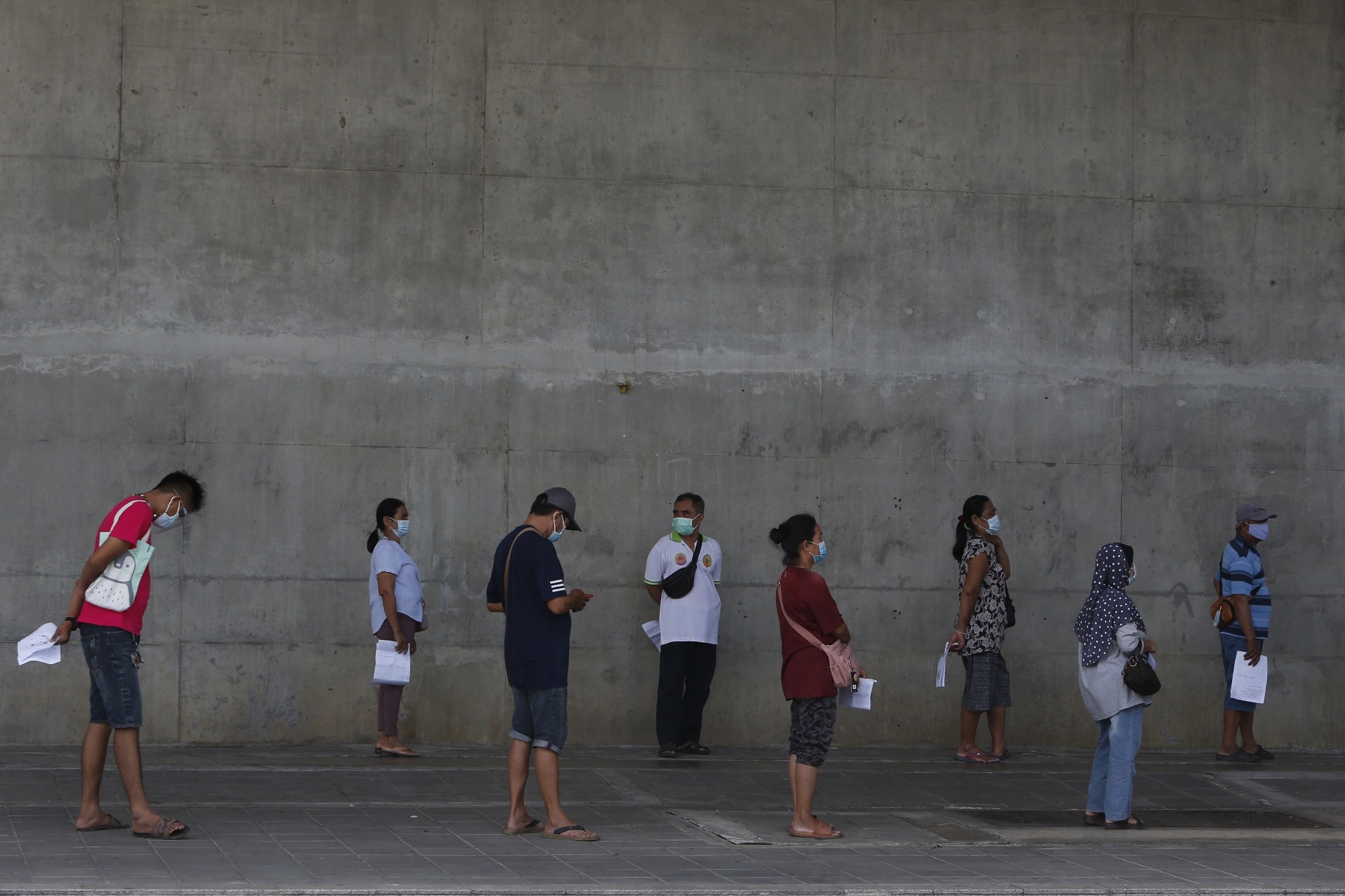In public spaces, facemasks have played a crucial role in preventing Coronavirus disease 2019 (COVID-19). While facemasks were recommended by the World Health Organization (WHO) in June 2020, there is still a lack of scientific evidence regarding the epidemiological efficacy of facemasks against COVID-19 transmission.
 Study: The Efficacy of Facemasks in the Prevention of COVID-19: A Systematic Review. Image Credit: Chaiwat Subprasom / Shutterstock
Study: The Efficacy of Facemasks in the Prevention of COVID-19: A Systematic Review. Image Credit: Chaiwat Subprasom / Shutterstock

 *Important notice: medRxiv publishes preliminary scientific reports that are not peer-reviewed and, therefore, should not be regarded as conclusive, guide clinical practice/health-related behavior, or treated as established information.
*Important notice: medRxiv publishes preliminary scientific reports that are not peer-reviewed and, therefore, should not be regarded as conclusive, guide clinical practice/health-related behavior, or treated as established information.
About the study
In the present study, researchers analyzed the efficiency of facemasks in curbing SARS-CoV-2 transmission in the community as well as healthcare settings.
The team performed a systematic review to identify relevant studies. A literature search was conducted by a medical librarian using Cochrane, Embase, PubMed, and Web of Science library between April and August 2020. The team subsequently deduplicated the citations using Covidence.org. Articles in only the English language were retrieved for the study, while all conference proceedings were excluded. The findings were reported as per the Preferred Reporting Items for Systematic Reviews and Meta-Analyses (PRISMA) criteria.
Three study team members reviewed the libraries to yield 1,732 articles. Among these, 61 full-text articles met the required criteria. Subsequently, a total of 13 studies were assessed in the study. The team estimated relative risk, frequencies, t-tests, and confidence intervals where necessary to calculate the variation between cohorts that did and did not report the usage of facemasks in the entire study group and community and healthcare settings.
Results
The study results showed that a total of 1,539 subjects were analyzed from 13 studies, including four community-based and nine healthcare-based studies. Among these, 243 subjects had SARS-CoV-2 infections, including 97 who did and 146 who did not wear facemasks. The team noted that the probability of contracting a COVID-19 disease was 7% for mask wearers and 52% for non-mask wearers. The relative risk of getting infected by SARS-CoV-2 was 0.13 for mask wearers.
In the healthcare setting, 9% of the mask wearers and 33% of the non-mask wearers tested COVID-19 positive. Furthermore, the relative risk of contracting COVID-19 was 0.20 for individuals wearing facemasks within the healthcare setting. Additionally, in community settings, the team noted that 6% of mask wearers and 83% of non-maks wearers tested SARS-CoV-2 positive. The relative risk of contracting COVID-19 in the community setting was 0.08 for mask wearers.
The results showed an association between using a facemask and testing positive for COVID-19 since over 92% of the subjects who wore a mask did not test COVID-19 positive. The correlation between COVID-19-positivity and wearing a facemask varied considerably between the healthcare and community settings. Overall, 50% of subjects who did not wear a mask did not contract COVID-19. Notably, 83% and 33% of the subjects who did not wear a facemask in the community and healthcare settings contracted COVID-19, respectively. Compared to healthcare settings, the correlation between contracting COVID-19 and wearing a facemask was greater in the community setting.
Overall, the study findings indicated that mask wearers were less likely to contract COVID-19 in healthcare and community settings. It will be necessary to conduct further research as more information becomes available. The researchers believe that future studies are necessary to ascertain the impact of regulations related to facemask usage and other interventions on COVID-19 transmission.

 *Important notice: medRxiv publishes preliminary scientific reports that are not peer-reviewed and, therefore, should not be regarded as conclusive, guide clinical practice/health-related behavior, or treated as established information.
*Important notice: medRxiv publishes preliminary scientific reports that are not peer-reviewed and, therefore, should not be regarded as conclusive, guide clinical practice/health-related behavior, or treated as established information.